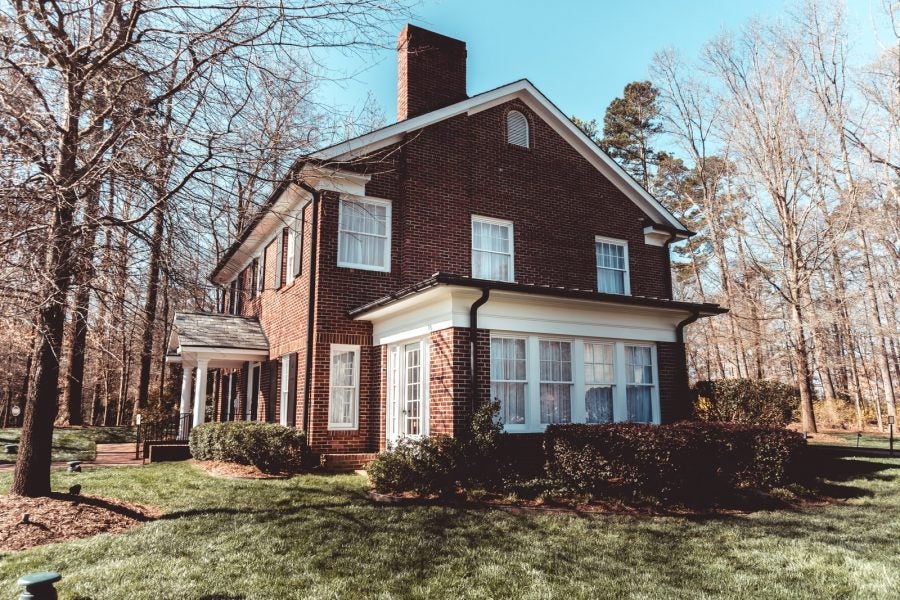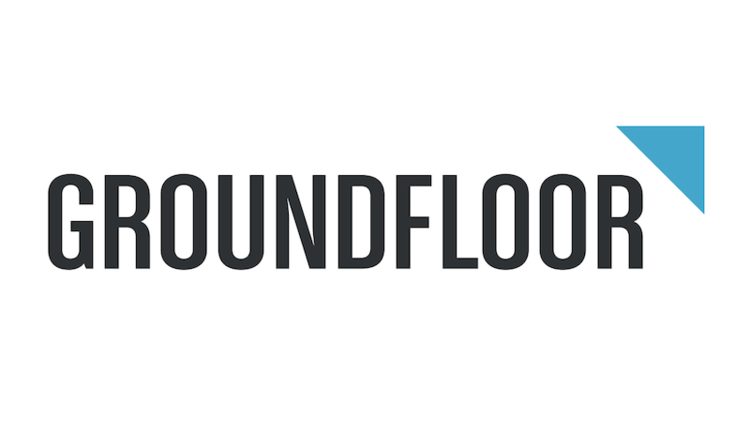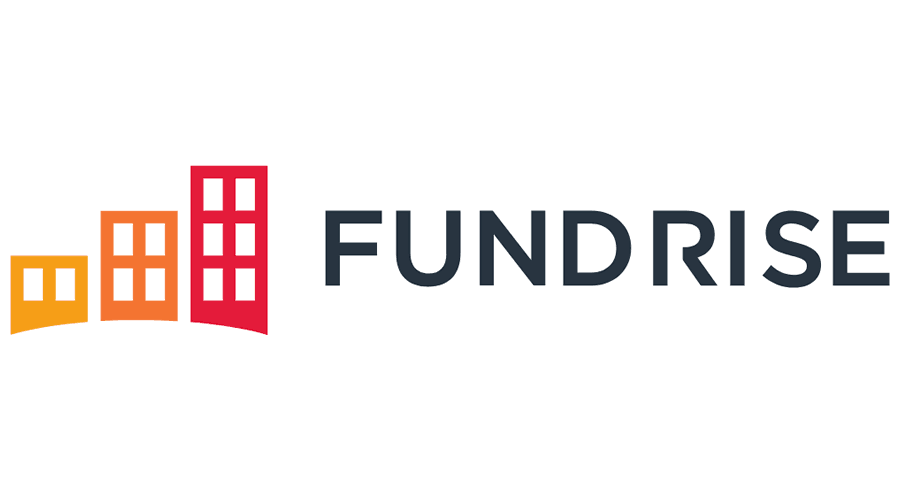Looking into real estate investing but not sure where to start? You could go down several different avenues — but if you’re not ready to dive into traditional forms of investing like stocks and bonds, or you already have and it’s not really your thing, start thinking about real estate wholesaling. It can be a profitable investment vehicle for anyone — it doesn’t require you to have a real estate license or use a real estate agent. Real estate wholesaling is not the same as buying and selling or even flipping houses. As a real estate wholesaler you never actually purchase real property — you become one part of a real estate transaction.
What is Real Estate Wholesaling? The Process Explained in 4 Steps
To fully understand real estate wholesaling, you need to understand the steps included to successfully handle a wholesale deal:
Step 1
Find a motivated seller who has a distressed property that is hard to sell. Usually, these homes are pretty bad — many are not maintained at all and have garbage and belongings left there, broken windows and doors or current tenants in residence but are properties that will have a hard time selling. It helps you out as the wholesaler, however, to find one in a decent location for selling. Driving around certain areas or asking friends and neighbors can help you find properties. Advertising what you are looking for can make it easier to locate motivated sellers.
Step 2
Make an offer to the seller and get under contract. You need knowledge of the real estate market and the current market value of the property to make sure you offer a reasonable wholesale price that the seller is happy with, you can profit from and has enough room for a potential buyer to flip the house and make a profit from an end buyer as well. Put a contingency in the contract stating that you can back out of the contract if you are unable to find a buyer before the set closing date. Limit risk as much as you can. If you don’t actually have the money to go through with the purchase yourself, that contingency is extremely important, as it is a contract of sale.
Step 3
Find a real estate investor or house flipper who will pay more than what you have agreed to pay the seller. Ideally, your buyer will be a cash buyer looking to move quickly. You do the work of scouting out the distressed properties, tracking down the owners, negotiating a price and setting up the purchase contract. From there, you find a buyer or real estate investor and assign them the contract — for more money than you agreed to pay the seller so you can make a profit. Quick and easy transactions with you will give you future opportunities with these real estate investors. Many investors are continually looking for wholesale real estate, so you could become their go-to person for reasonable prices and quick transactions, which can start you on a lucrative path in real estate wholesaling.
Step 4
An investor buys the property, and the difference in price is your profit. Say you had offered the sellers $80,000 for their home, and they agreed and signed the paperwork. You then turned around and told the real estate investor that the price for this distressed property is $90,000. Seeing a great deal, they accepted the purchase contract and closed on it. You then receive your $10,000 profit, and the seller receives their agreed-upon $80,000. Everyone is happy, especially you. You just made $10,000 quickly and easily. The sellers got out of their distressed property, and the buyers are getting ready to flip it and make an even bigger profit for themselves after selling to the end buyer.
Who can Wholesale Real Estate?
Anyone interested in doing wholesale real estate can do it. The key to success in wholesaling is finding the buyer. If you are business-minded but have no capital to start, you partner with buyers or a real estate investor and essentially become their salesperson. It would be nice if you already have a relationship with investors, but that can quickly grow after you’ve done a few deals together.
Many house flippers start out with this method. They use the wholesaling technique to get into the real estate market and save money so that they can buy their own wholesale houses and flip them. It’s all a learning process, and as they learn the ins and outs of wholesaling, they can put their newly found knowledge and their own profits into where the bigger money is — house flipping. It’s also a tactic that can be used if you work in the real estate industry and stumble upon a house that you don’t have the time or desire to flip. You find another buyer and make a profit. Usually, these deals close quickly because they are commonly cash deals.
Who Should Wholesale Property?
If you are looking to get into real estate, wholesale real estate can be a great opportunity. You don’t need to pass an exam or get a real estate license or have real estate investing experience. If you have people skills, some knowledge of the current real estate market along with fair market value, plus a firm understanding of business practices, you can get started quickly and easily and become successful in wholesale real estate right away.
A real estate investor looking for ways to make money for a future investment property is a great candidate for real estate wholesaling. It’s all about learning and growing as an investor and getting your foot in the door in real estate. It could also be a unique opportunity for people already involved in the real estate industry that just want to try their hand at wholesale real estate. Experienced contractors can take a look at a property and know right away how much it will take to fix and renovate, so they will know how much an investor would be willing to pay.
Generally, house flippers are the buyers on wholesale properties, but house flippers can be great real estate wholesalers too. They can find the house, tell an investor friend about the great opportunity and get them to buy it, then do the work to flip the house and share in the profits without putting their money upfront to purchase it or being tied to the contract.
Real estate wholesaling really is for anyone interested in real estate investing that wants to be in on the action instead of investing in stocks or traditional investing. It’s also great for people who don’t have the capabilities to flip houses themselves or don’t want to get tied into buying and selling real property.
Pros and Cons to Real Estate Wholesaling
Becoming a real estate wholesaler has ups and downs, as with any real estate investing. So before you venture into wholesaling real estate, be aware of the pros and cons.
Pros:
- Earn quick money: A wholesale deal normally doesn’t take very long, as you are primarily dealing with motivated sellers and cash buyers.
- Grow real estate investor relationships: As you complete more wholesaling deals, your relationship with real estate investors grows. Investors may turn to you for their real estate wholesaling needs, giving you more opportunities to wholesale houses — which will grow your business and make you money.
- You aren’t on the hook for purchasing real property: You protect yourself with the contract terms, and you never have to invest your money. As the wholesaler, you are essentially the middleman between the seller and the investor/house flipper. You aren’t dealing directly with hard money or banks, earnest money or deposits, renovations or repairs, a real estate brokerage or the title company.
Cons:
- Keeping the deal together: Many people and entities are involved in a real estate transaction. Sometimes the seller for this type of distressed property is less than helpful. They just want their money. While the buyer is pushing to close quickly, the title company may find judgments or liens on the property or confusion on who holds the title. These obstacles can cause problems with buyers wanting to move forward. If you lose your buyer, you need to start all over again. You only get paid when a deal closes.
- Wholesale inventory: If you are in an area with a low inventory of potential wholesale property, a great deal may come up rarely, making it hard to grow a business. On the other hand, if many real estate wholesalers operate in your area, it can be hard to land a wholesale deal before the competition grabs up the property.
- Clearing out the property: Many of these wholesale properties are in awful condition, which means that the people left all their belongings including garbage, broken appliances, personal property and furniture. Most investors purchasing the property will want it cleared out before closing. This responsibility may fall on you — paying for a dumpster to dispose of belongings or taking trips back and forth to a dump site on your own time — which will eat into your profit.
Tips for Success in Wholesaling Real Estate
Be Prepared: Know the real estate market and be ready to speak with potential sellers with information and ease. Having a real market value of their property in its current condition, with comparable properties or strong reasoning will help to motivate sellers. Try to understand why these sellers are in the predicament they are in. Be personable with them and help them to see that you are going to get them their money and get this property off of their hands so they can move on. Keep your confidence through the negotiating, as well as your patience and concern. Ask questions and have information and a clear understanding to relay to your potential investor.
Be easy to work with: As the backbone of this process as the real estate wholesaler, you want to be accommodating but in control. The real estate investors you work with need to know that you mean business but also that you are easy to work with and will see a deal through to the end. They will keep working with you if you can show that you are reliable and smart while also fair and cooperative. Long-term relationships built on trust will propel your real estate wholesaling business.
Alternatives to Real Estate Wholesaling
Many people start out wholesaling real estate because they don’t yet have the capital required to purchase a property themselves. However, there are a growing number of real estate investment opportunities that only require a minimal investment. You can invest in loans made to house flippers and builders with as little as $10, buy shares in income-producing rental properties for as little as $100 or buy shares in a diversified portfolio of properties. Here’s a list of the best real estate investment opportunities with low capital requirements.
securely through Arrived Homes’s
website
1% asset management fee
Arrived Homes is a real estate investment platform that focuses on building wealth through investing in rental properties. While most real estate platforms and REITs focus on commercial properties, Arrived Homes focuses on single-family homes as its source of rental income.
This focus on smaller properties allows Arrived Homes to sell ownership shares on individual properties to non-accredited investors with buy-ins as low as $100. Learn more about Arrived Homes with Benzinga’s review.
Best For
- Small- to medium-sized investors
- Investors interested in rental income
- Investors looking to diversify
- Buy-ins as low as $100
- Open to non-accredited investors
- Offers ownership shares in real property (and all the tax benefits)
- Multiple ways to earn dividends (rental income and property appreciation)
- Great way to diversify portfolio
- Open to self-directed individual retirement accounts (IRAs)
- Long hold periods
- No secondary market to liquidate shares
securely through Groundfloor’s
website
Groundfloor is open to non-accredited investors and private individuals looking for active real estate alternative investment. Groundfloor has great volume with more than 10 investments.
Individuals with small portfolios will also like the low $10 minimum and 0 investor fees. However, most of the loans are given to house flippers, and there is a risk of borrowers defaulting on their loans.
Best For
- Non-accredited investors: It is a good option for non-accredited investors who want to invest in an individual capacity.
- Private investors with small portfolios: Groundfloor charges a relatively small premium of $10, which private investors with small portfolios find attractive.
- Active-investors: Groundfloor is also ideal for investors who want to actively maintain and control their real estate portfolio.
- Charges the lowest minimums in the industry
- 0 investor fees
- Open to non-accredited investors
- Offers no bankruptcy protection
- High rate of an uncured default
- Many loans are for judicial-only states
0.85% asset management fee per year
Fundrise makes real estate investing affordable to investors. The easy-to-use crowdfunding platform gives you a fixed rate of return on top real estate properties in the U.S.
Here’s why investing your money through Fundrise can improve your portfolio and earn you a reliable source of income.
Best For
- Non-accredited investors
- Long-term real estate investors
- Investors looking for affordable opportunities to invest in real estate
- Open to non-accredited investors
- Buy-ins as low as $10
- Simple, multi-tiered system of investing
- Low fee structure
- Many IRA eligible offerings
- Long hold periods
- Lower returns compared to other platforms
The Bottom Line on Real Estate Wholesaling
Wholesaling is a great opportunity to get into real estate without handling transactional funding, buying and selling or dealing with tenants or real estate agents. It’s a real estate transaction that you set up and potentially rake in the profits. The transactions are generally quick and easy, and you can start or stop whenever you want. Develop relationships with investors and see where real estate wholesaling takes you.
Frequently Asked Questions
Is wholesaling real estate real?
1
Is wholesaling real estate real?
asked
Megan Brown
1
Yes, it’s real, and people can profit from it. Marketing, knowing the right people and wholesaling in certain areas definitely can help with success rates. As with any endeavor, you have to work at it and build relationships.
answered
Benzinga
How do wholesalers get paid?
1
How do wholesalers get paid?
asked
Megan Brown
1
Wholesalers agree on a selling price with the owner. They then find a buyer for the home who is willing to pay more than the agreed-upon selling price. The difference between these two prices is the wholesaler’s profit. Real estate wholesalers get paid at closing — where the sellers receive their agreed-upon price and wholesalers receive their profits.
answered
Benzinga
Arrived Homes allows retail investors to buy shares of individual rental properties for as little as $100. Arrived Homes acquires properties in some of the fastest-growing rental markets in the country, then sells shares to individual investors who simply collect passive income while waiting for the property to appreciate in value over 5 to 7 years. When the time is right, Arrived Homes sells the property so investors can cash in on the equity they’ve gained over time. Offerings are available to non-accredited investors. Sign up for an account on Arrived Homes to browse available properties and add real estate to your portfolio today.





